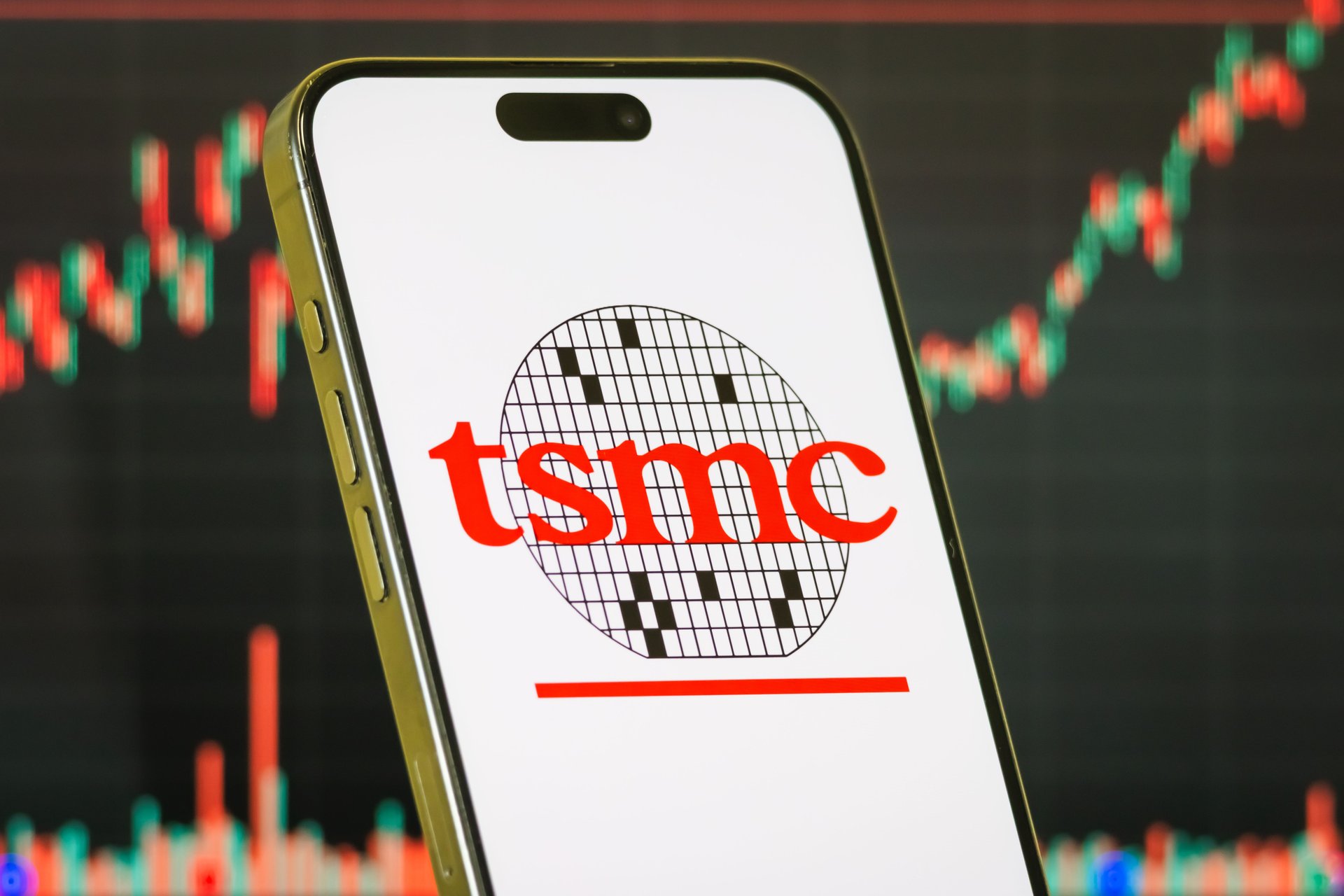TSMC joins the $1 trillion market cap club
Shares in the world's largest chip manufacturer hit an all-time high, despite tariff uncertainty and currency fluctuations

Getty Images / Cheng Xin
Taiwan Semiconductor Manufacturing Co. (TSMC) reached a $1 trillion market capitalization for the first time last week, amid soaring demand for artificial intelligence chips.
Suggested Reading
On Friday, TSMC saw its shares in Taiwan hit an all-time high of NT $1,155 ($39.3 USD), rounding off a rally of almost 50% since April. TSMC is the first Asian company to cross the $1 trillion threshold since PetroChina in 2007.
Related Content
The milestone came after the company posted strong earnings, which buoyed shares.
In U.S. dollars, second-quarter revenue was $30.07 billion, up 44.4% year-over-year and up 17.8% from the previous quarter. The company raised its full-year revenue forecast to around 30% growth, suggesting it's positioned to continue capitalizing on the race for chip manufacturing capacity.
“Our business in the second quarter was supported by continued robust AI and HPC-related demand,” said Wendell Huang, CFO of TSMC. “Moving into third quarter 2025, we expect our business to be supported by strong demand for our leading-edge process technologies.”
'The most important real estate in the world'
TSMC has emerged a major winner in the global AI race, as the manufacturing need for advanced semiconductors intensifies. TSMC fabricates advanced chips for companies such as Nvidia, Apple, and Broadcom. The U.S. buys 92% of its advanced AI chips from the Taiwanese behemoth, according to data from Boston Consulting Group cited by JPMorgan Chase.
“TSMC’s fabs are arguably the most important real estate in the world,” Chris Miller wrote in his 2022 book Chip War. Soaring demand for these semiconductors have led shares in TSMC to triple since 2023.
On the benchmark MSCI Emerging Markets index, which captures large and mid-cap representation across 24 countries, TSMC accounts for 10.2% of its weight and about 40% of the its returns this year.
Trade-related headwinds remain
However, certain headwinds could risk slowing TSMC’s growth this year.
While Taiwan has thus far been spared from President Donald Trump’s reciprocal tariffs on U.S. imports, the trade war could still have consequences for the chipmaker should the technology that it powers become more expensive for consumers.
“There are uncertainties and risks from the potential impact of tariff policies, especially on consumer-related and the price-sensitive market segment,” TSMC CEO C.C. Wei said during an earnings call. Yet, Wei downplayed these risks during the company’s annual shareholders meeting last month: "If demand drops, TSMC's business could be affected. But I can assure you that AI demand has always been very strong and it's consistently outpacing supply."
What’s more, the plunging U.S. dollar also poses a threat to TSMC’s margins as “nearly all” of its revenue is in USD, but reported in NT. The U.S. dollar is down 10% this year against a basket of currencies, with the USD/NT exchange rate down by the same margin.
“Fluctuations in the exchange rate between the dollar and NT will have a sizable impact on our reported revenue and gross profit margin,” said Huang during Friday’s call. Every 1% appreciation of NT against USD will reduce reported revenue by 1%, and gross margin by about 40 basis points, he continued. Second-quarter revenue fell by about 4.4% and gross margin by about 180 basis points. The company forecasts this currency trajectory will continue in the third quarter, cutting revenue by 6.6% and gross margin by about 260 basis points.
